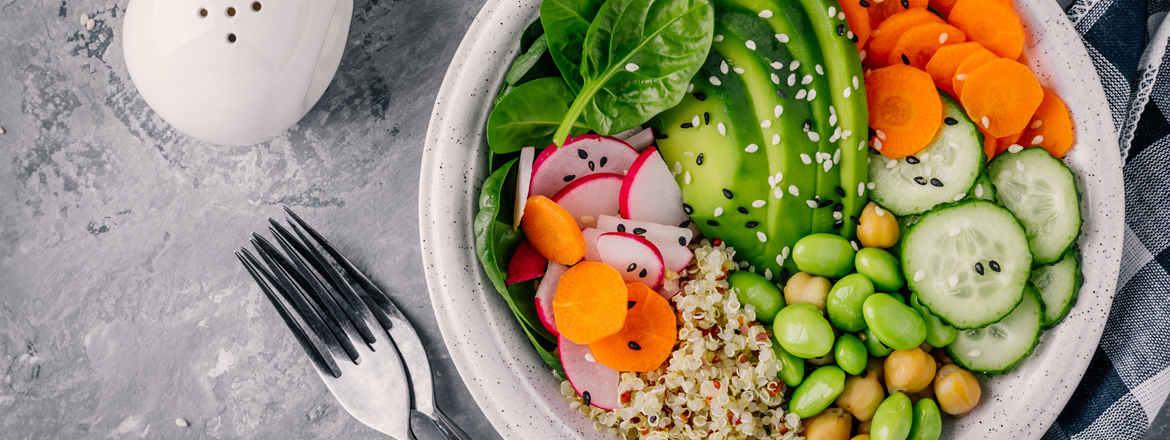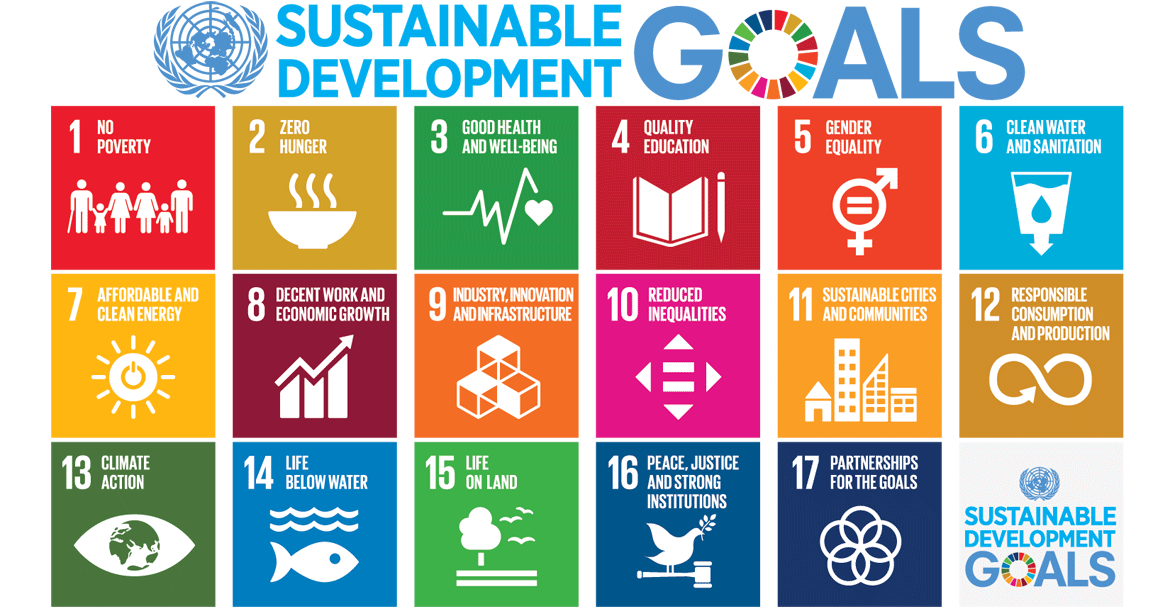UfM workshop explores traditional building for climate resilience in Algeria
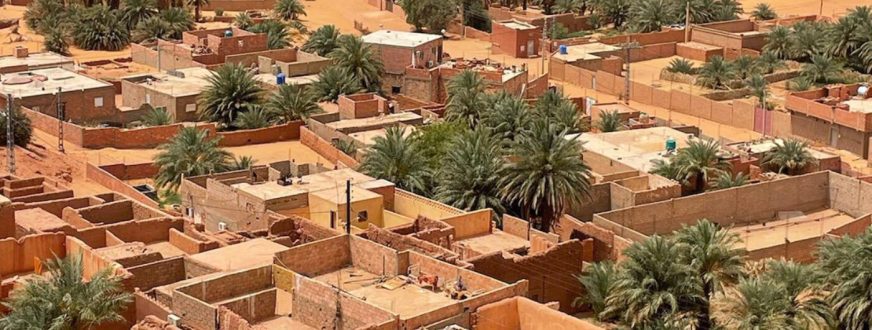
Over the course of three days, the “UfM Workshop on Urban Heritage and Traditional Building Skills” convened national and international experts to explore innovative solutions using traditional construction methods, with a focus on local materials and vernacular techniques. This initiative aims to bolster the resilience of local heritage and discuss sustainable approaches to rebuilding, adapted to climate challenges.
Organised in collaboration with UNESCO Regional Office for Maghreb Countries and the Ministry of Culture and Arts of Algeria, with financial support from the German Development Cooperation, the workshop is part of a series entitled “Urban Heritage and Traditional Building Skills in the Southern Mediterranean Region: Know-how in the South Mediterranean”. Its objective is to identify and promote good practices in raising awareness, preserving, and promoting vernacular architecture and traditional construction techniques. Furthermore, it seeks to strengthen the cultural significance of traditional solutions and their ability to adapt to the climate, promote a sustainable local economy, and create useful and qualified jobs linked to traditional materials and techniques, as well as to protect urban heritage.
Urban heritage and traditional building skills offer significant added value in mitigating the impact of climate change, as they involve sustainable materials, climate-adaptive design, and the preservation of green spaces. These approaches foster a sense of cultural identity and community resilience while promoting durability and longevity. Utilising traditional techniques for renovation and retrofitting reduces carbon emissions. Moreover, they stimulate local economies and encourage adaptive reuse and smart growth. By reducing energy consumption and promoting a circular economy, traditional building skills contribute to sustainable urban development. Integrating these approaches into urban planning preserves cultural heritage while effectively mitigating the impacts of climate change.
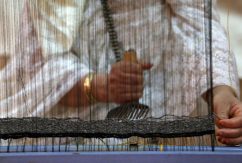
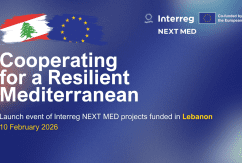

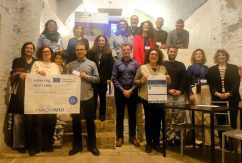

























 Syria
Syria 
